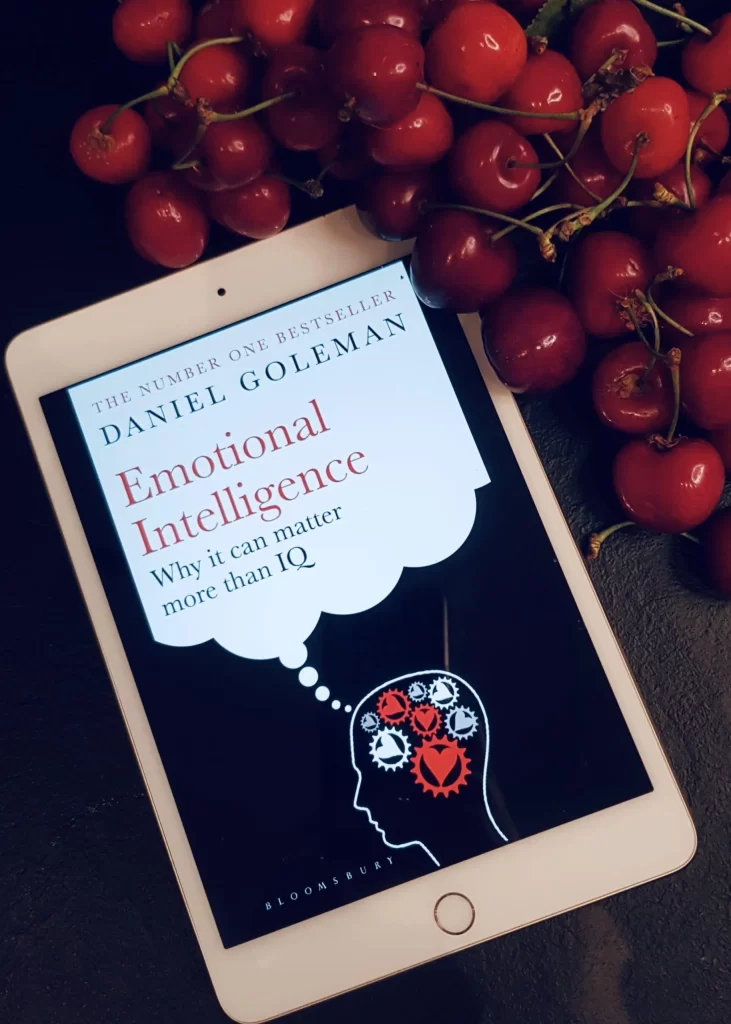We all have our own view of what makes us feel happy. But it turns out there is a surprising difference between what we believe will make us happy and what actually makes us happy.
Have you ever thought to yourself “I’ll be happy when I get a promotion at work“? Or maybe “I’ll be happy when I move to a better place“?
Our society has conditioned us to believe that certain things and events in life would most certainly make us happy and ecstatic – getting to the best university, a better job, more money, getting married to a soul mate and so on. But the science says these common ideas and beliefs about happiness are quite misleading.
We’ve talked already about what is happiness and what defines our happiness level. Today, let’s talk about what happiness is NOT. Here we hope to debunk three widespread myths about happiness.
Myth No. 1: Happiness is a destination
“Happiness is not a destination; it’s a way of life.”
Many people believe that happiness is somewhere out there and you just have to find it. Social narratives help us by saying that we need to marry a true love, become wealthy and successful, have kids…so we start pursuing all these things, which we believe would make us happy.
We set our happiness goals and desperately trying to achieve them. But by focusing too much on reaching the goals, we often totally forget to enjoy life, which we live NOW. And it turns out, the journey itself is often worth more than the destination.
Sonja Lyubomirsky, one of the leading researchers of happiness, says: “As banal and cliched as this might sound, happiness, more than anything is a state of mind, a way of perceiving and approaching ourselves and the World in which we reside.”
The reason is simple: happiness is inside us. It is not somewhere out there to be found. We just have to learn how to unwrap it and enjoy every moment of our journey.
Myth No. 2: We need to change our circumstances to become happy
It is so tempting to think that if we have something or change our current circumstances, our happiness level will explode.
If/when I have a dream home and job, move to a better place, marry a true love, be healthy, pretty, etc, then I will be happy.
The truth is that all these experiences do actually make us happy. But. They don’t make us as happy as we hope, or for as long as we think they will.
That is because of something that psychologists call hedonic adaptation – we are highly adaptable creatures and quickly get used to the good things happening to us, returning to our previous level of happiness sooner than we sometimes expect. Ultimately, it also raises the bar for our next “happy” experience. That means that as we make more money (or moving to a bigger house closer to the seaside), our desires and expectations rise in tandem.
And it’s worth remembering that psychological research reviled that changing our life circumstances may account for only 10% variation in the level of happiness perceived. So instead of focusing on changing your circumstances, it’s worth understanding what really amplifies our level of perceived happiness.
And again, don’t postpone your happiness – the right time to be happy is NOW.
Myth No. 3: “You either have it or don’t”
“Happiness is not something ready-made. It comes from your own actions.”
Dalai Lama
Have you ever wondered how come siblings, raised by the same parents in the same conditions, often differ so much? One can be grumpy, pessimistic and always unsatisfied with life, and another one – cheerful and optimistic about everything. That may make you think that some people are just happy and others are not. Or as Sonja Lyubomirsky says “you either have it or don’t”.
Turns out, we do have a genetic happiness “set point” indeed – a level of happiness, which seems most normal for us. But. Evidence suggests that your genetic makeup contributes to only 50% of your happiness level.
Considering that circumstances influence about 10% of your happiness, you’ve got roughly 40% left…and that’s what you can do to become happier! FORTY PER CENT of your happiness is in your hands. That’s a lot! Research shows that by following some strategies, we can greatly influence how happy we are.
Sonja Lyubomirsky writes:
“If you do the work, research shows you can become happier, no matter what your set point is. You probably won’t go from a one to a 10, but you can become happier. It just takes commitment and effort as with any meaningful goal in life.”
Everyone can become happier. Maybe it’s time to stop pursuing happiness and start practising it. Every day. Let’s make a habit out of it.
How? Let’s talk about it next time.
Question for today – what do you think will make you happy?
Loads of love,
Irina and Dawid



